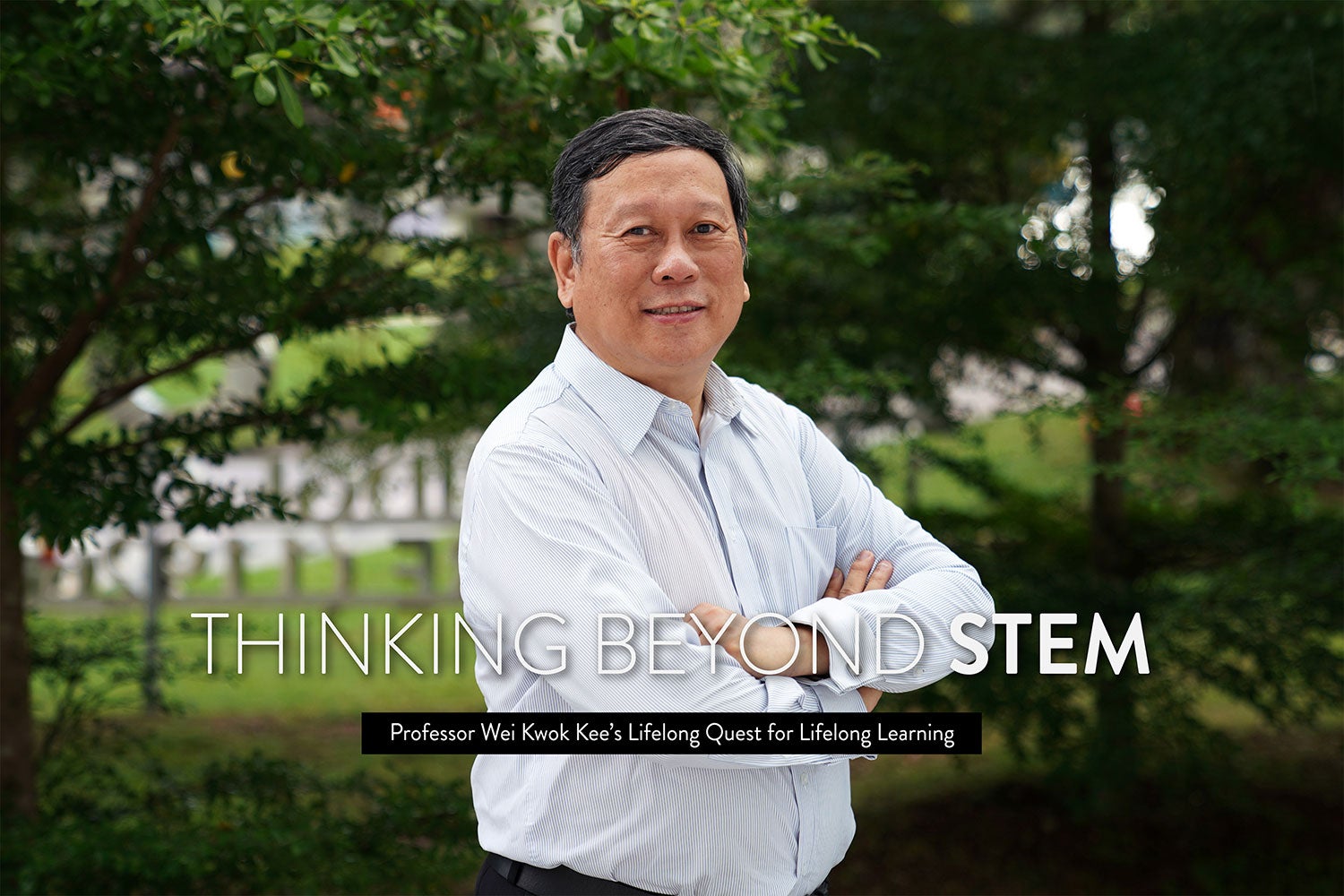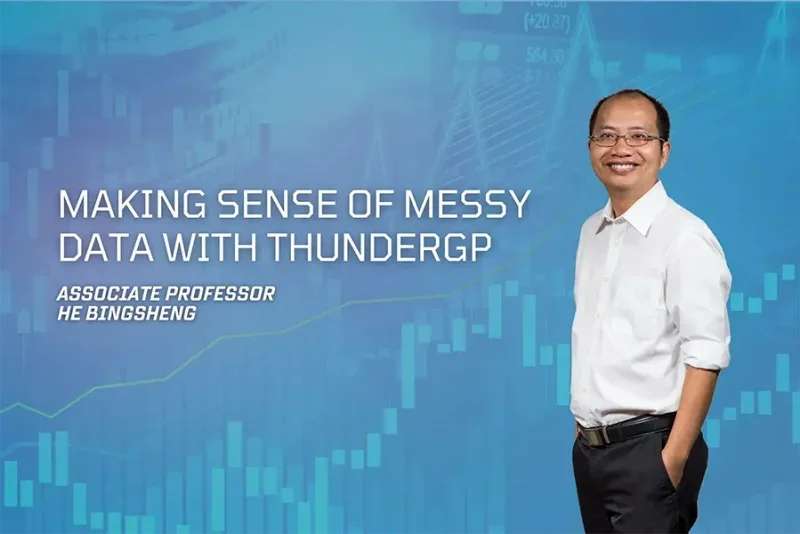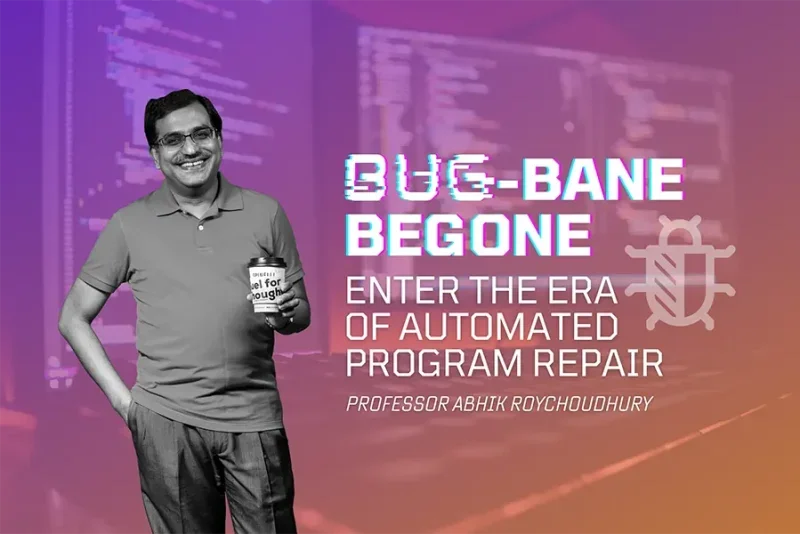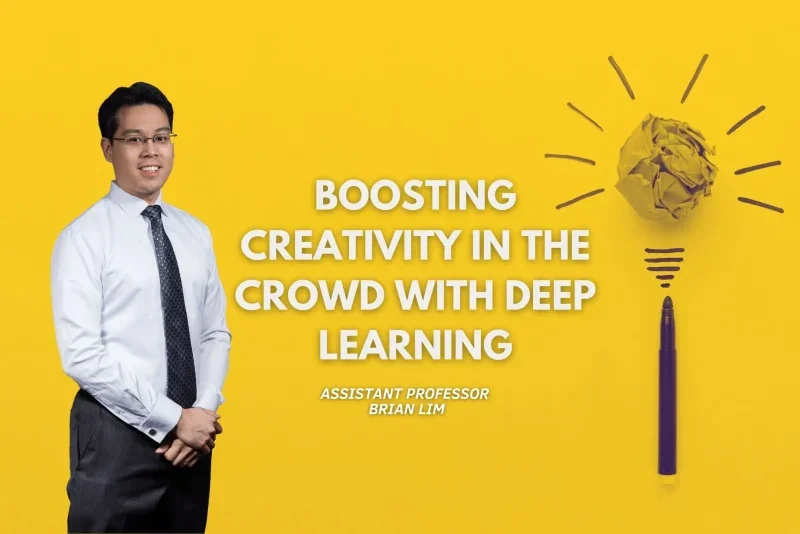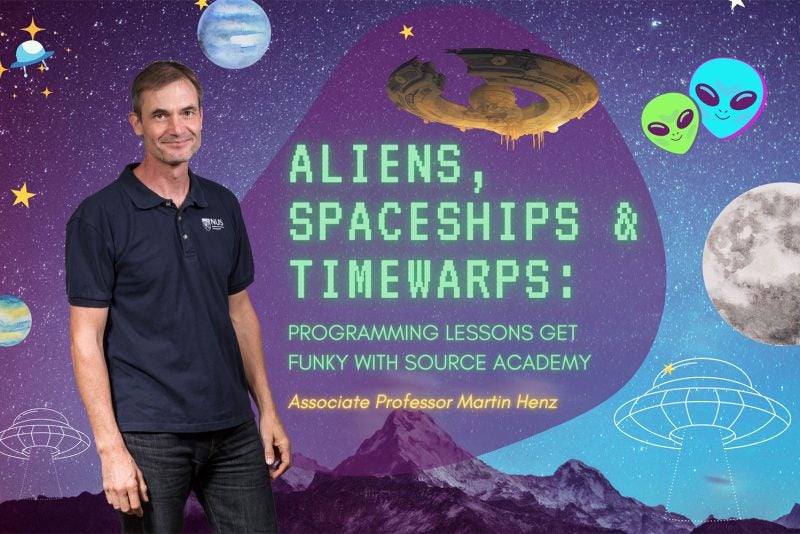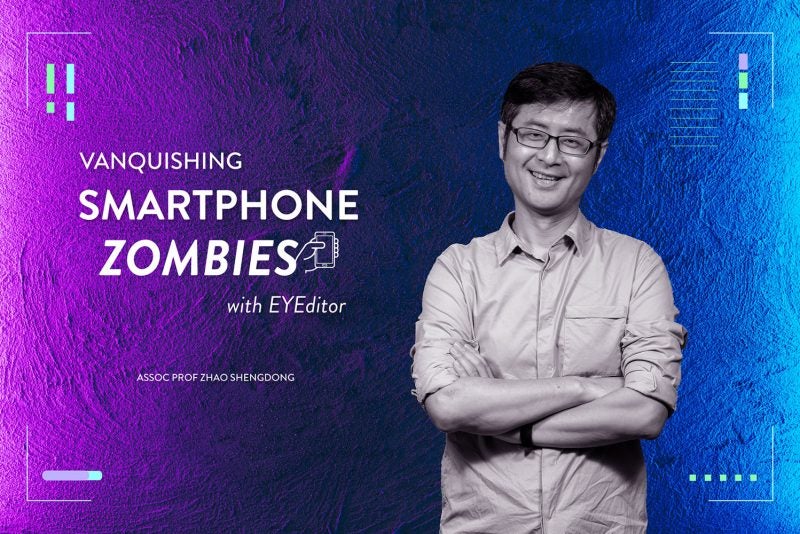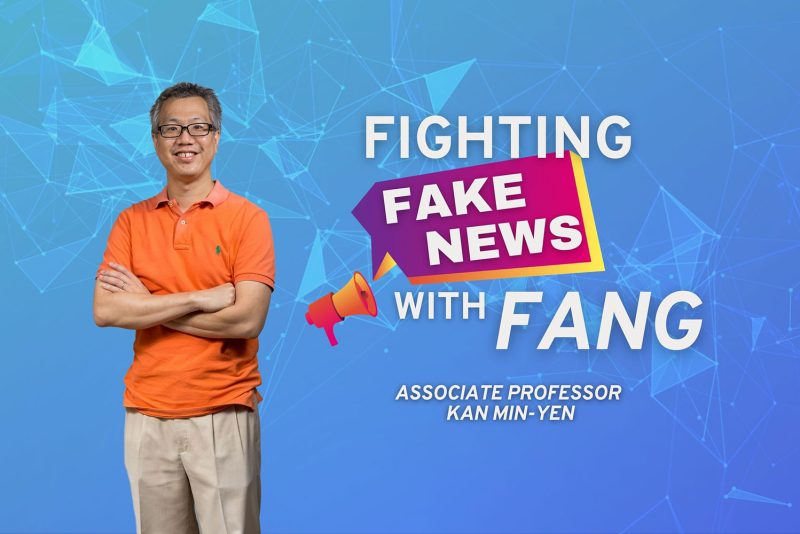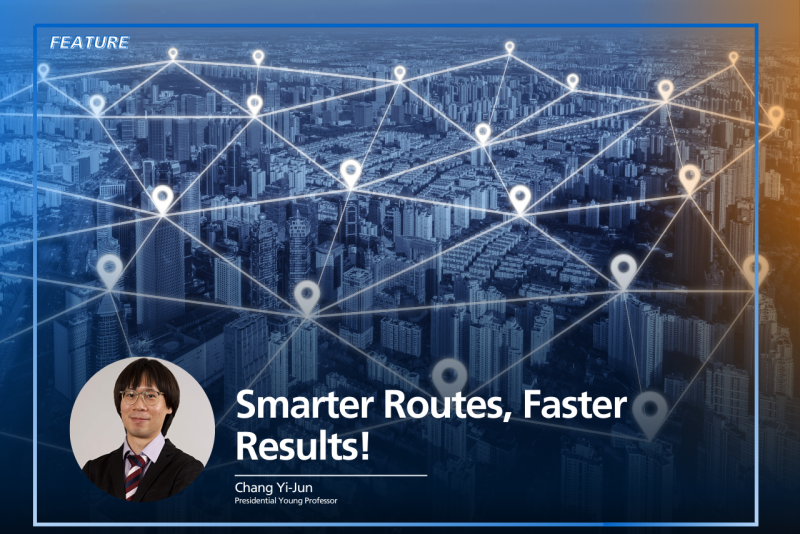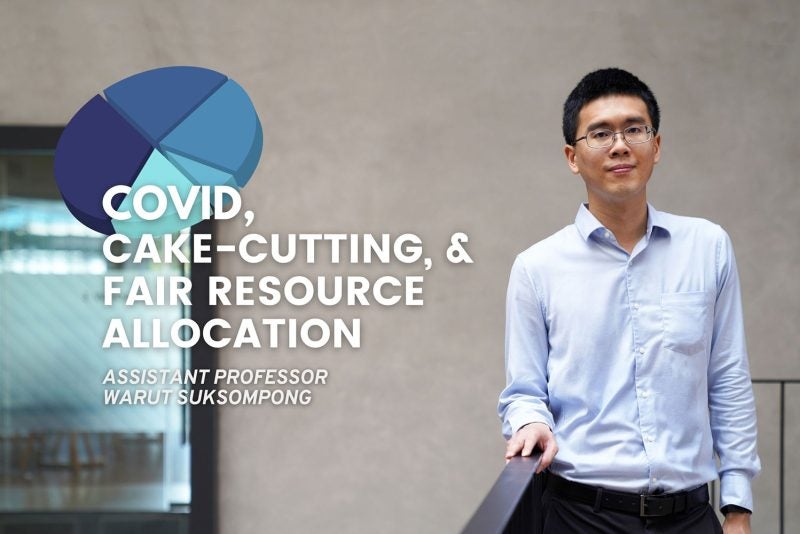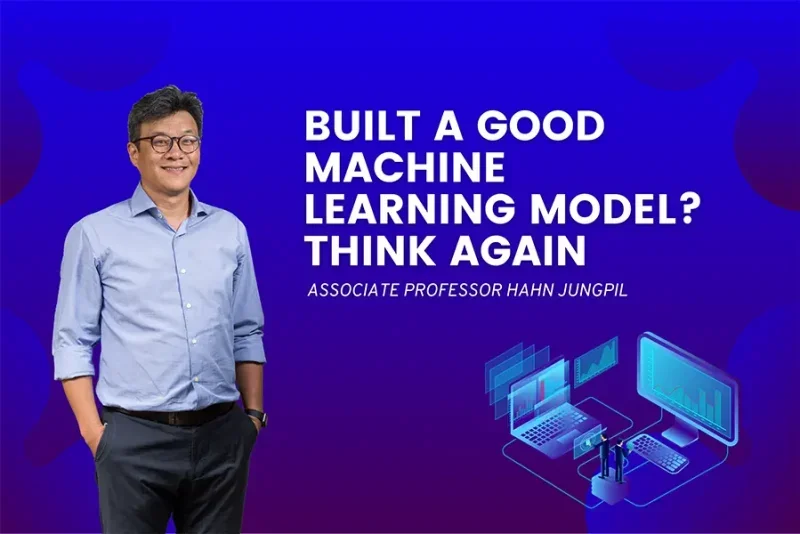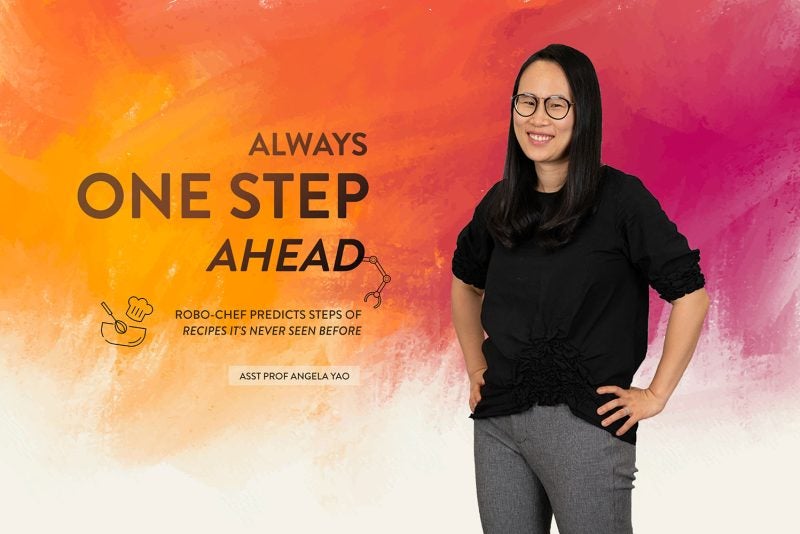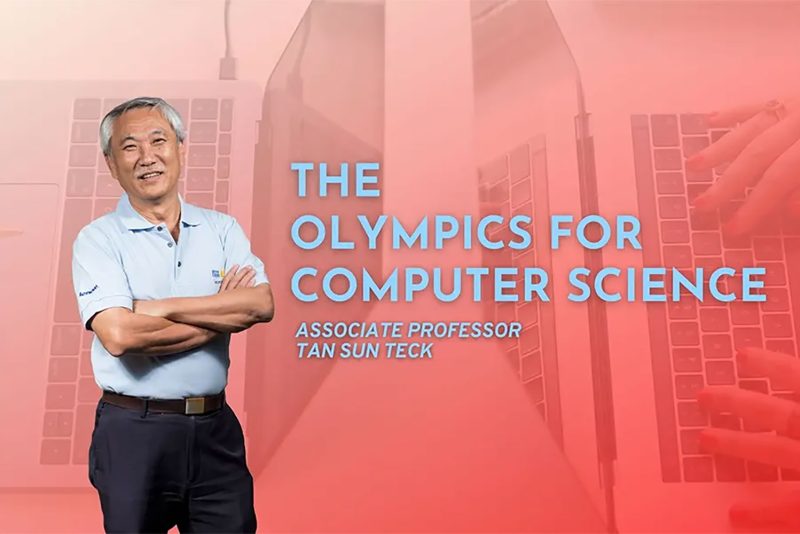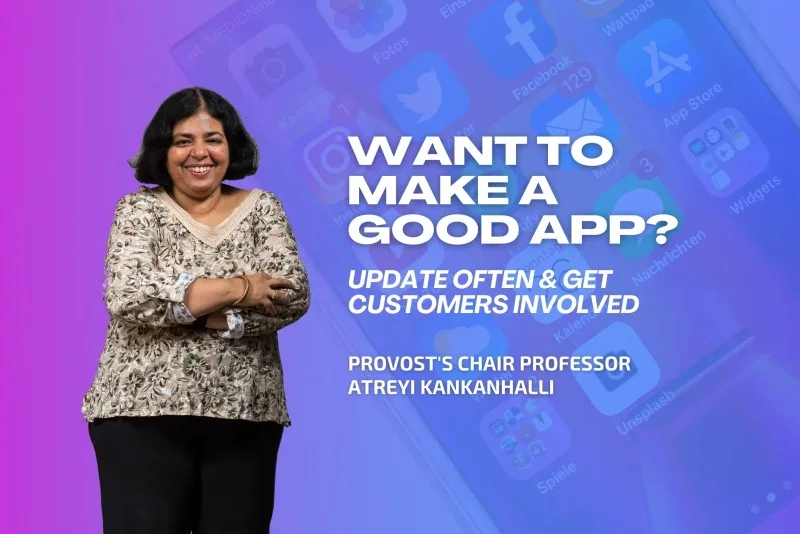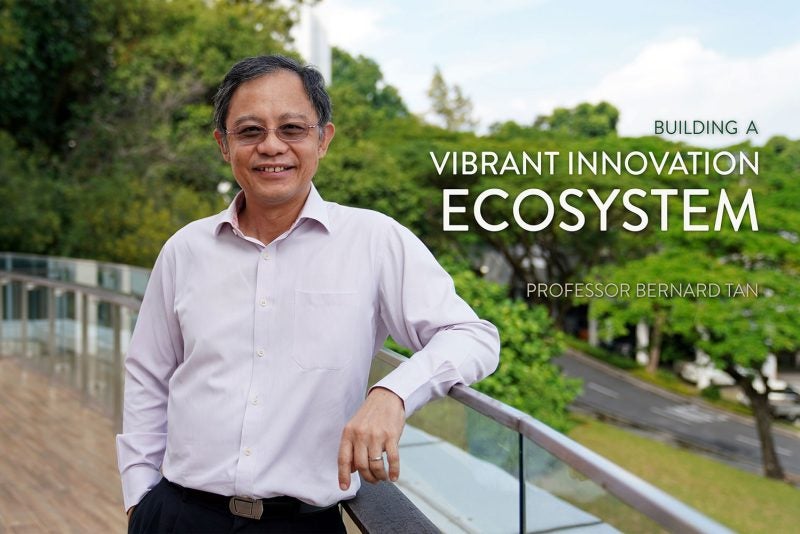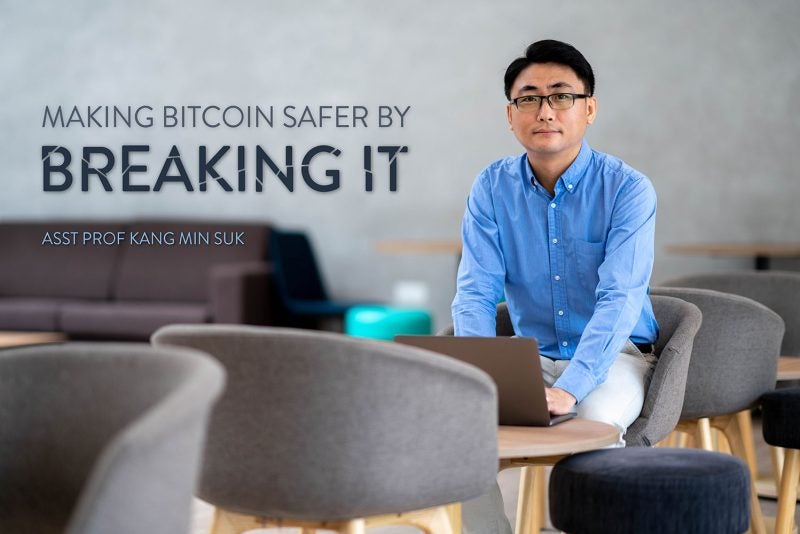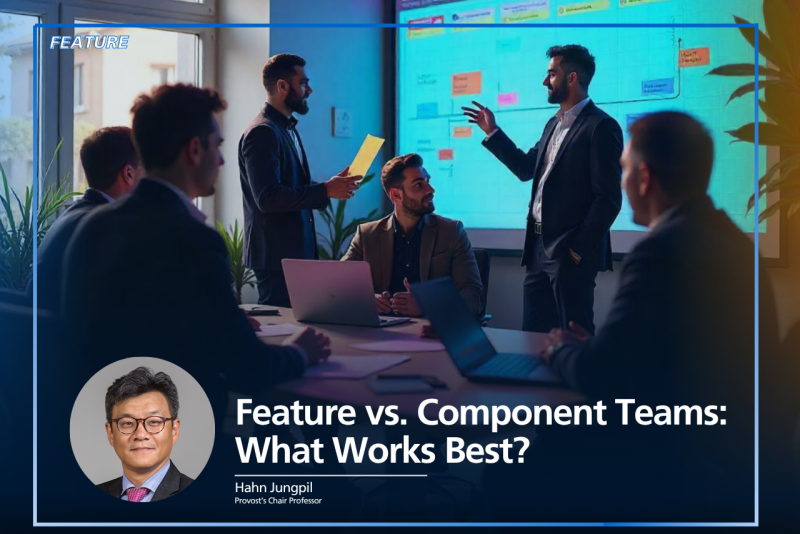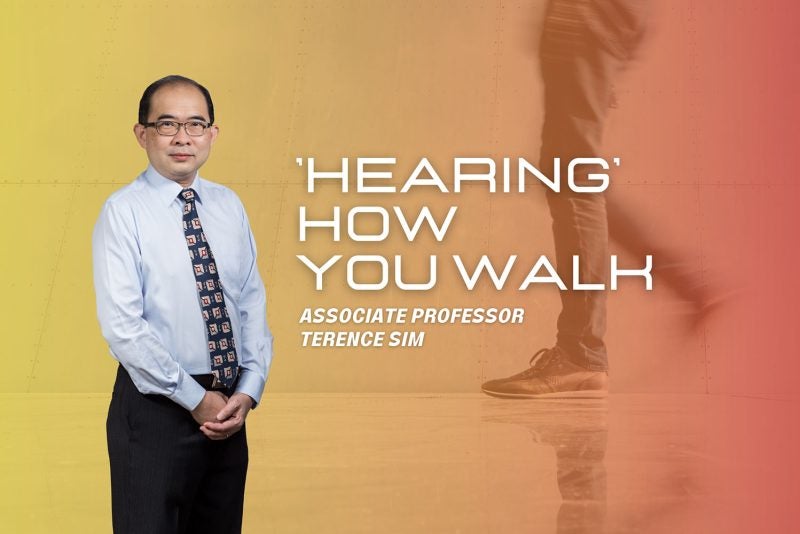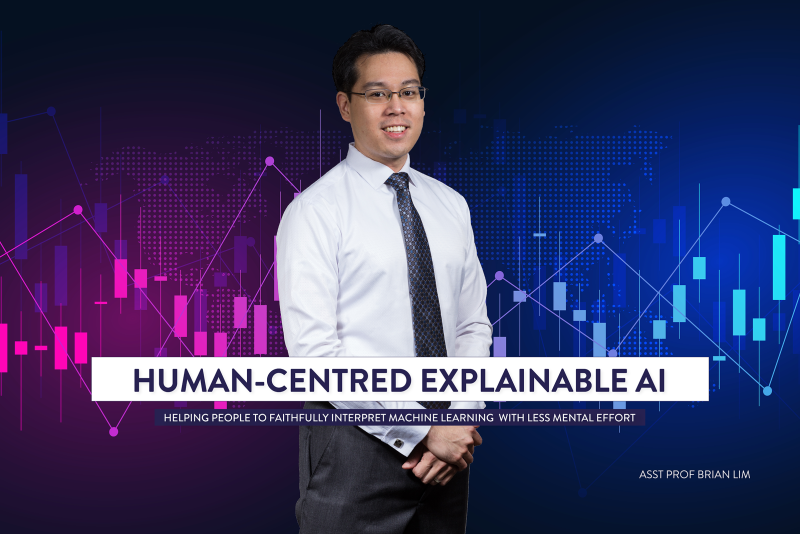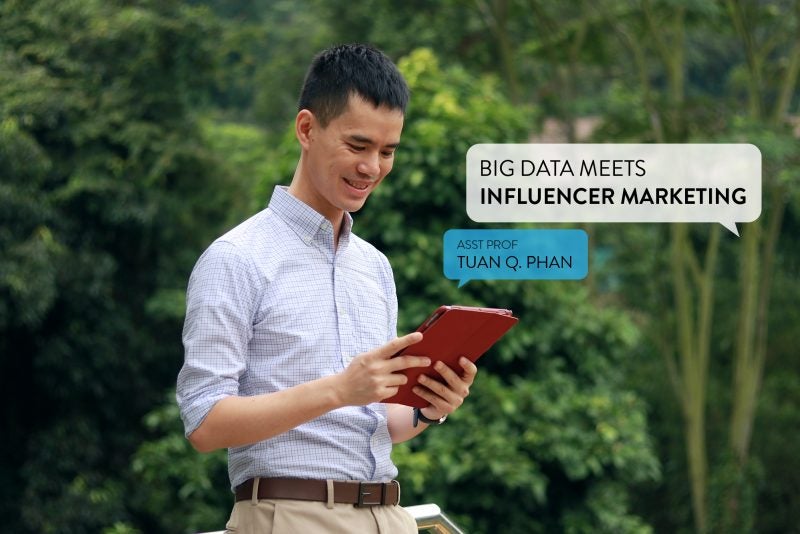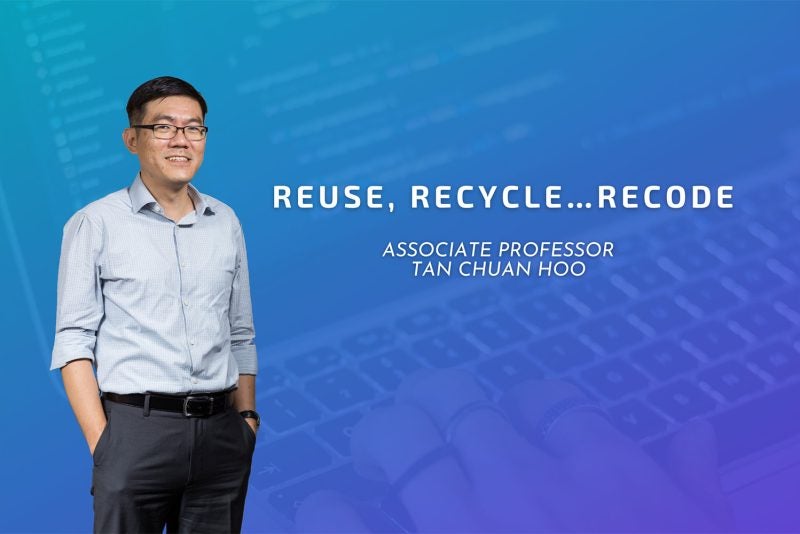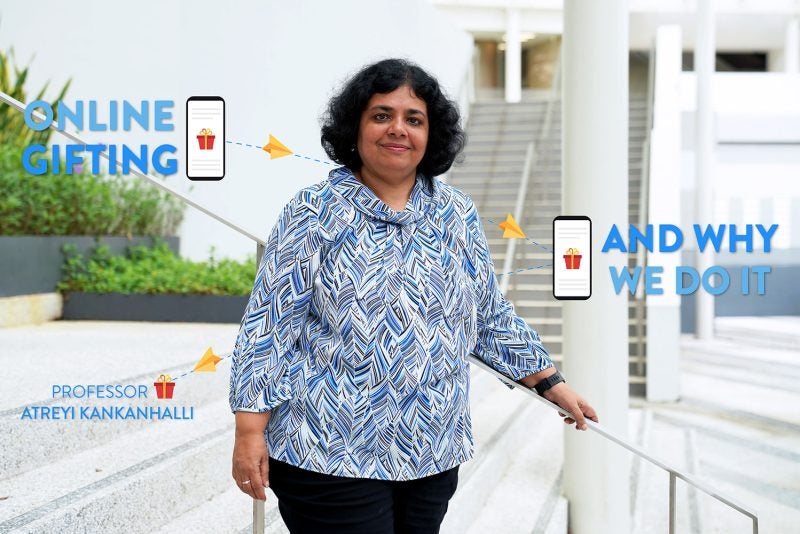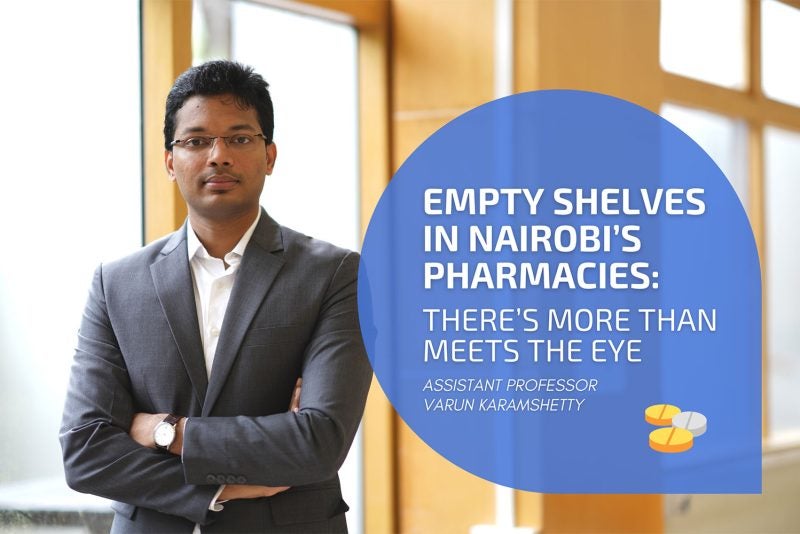With science, technology, engineering and mathematics (STEM) skills in greater demand than ever before, many people see STEM education as a ticket to a successful and rewarding career. University graduates with STEM degrees tend to land jobs quickly, and also command some of the highest starting salaries in Singapore, according to data from Singapore’s Ministry of Education.
But while a STEM degree can pave the way for a good job after graduation, long-term success in the workforce requires an appetite for interdisciplinary thinking and lifelong learning, according to Kwok Kee Wei, Provost’s Chair Professor at NUS Computing and Dean of the NUS School of Continuing and Lifelong Education.
“Training in the STEM disciplines provides a strong intellectual foundation for a wide range of careers,” says Wei. “But the most exciting jobs of tomorrow will go to those with a never-ending hunger for new knowledge and experiences, as well as regional and global connections that provide access to new opportunities and ideas.”
A Life of Learning
Wei’s own career exemplifies the benefits of an open mind and a willingness to embrace new challenges.
Born and raised in Singapore, he earned a PhD in Computer Science from the University of York in the United Kingdom before retuning in 1986 to join NUS. Like most young professors, he spent the early years of his career immersed in teaching and research, eventually rising through the academic ranks to become founding Head of the Department of Information Systems at NUS Computing and an internationally renowned researcher in the field.
In 2002, Wei moved to the City University of Hong Kong to lead their Department of Information Systems. His career then took a turn when he was tapped to become Dean at their College of Business in 2007, a position that required him to oversee programmes in a wide range of business disciplines, from finance to HR and everything in between.
“Many of the best opportunities in my career required me to look beyond the boundaries of my field,” says Wei. “To run a business school, I had to shift focus and quickly learn a lot of new ideas and skills.”
Yet Wei also acknowledges that his academic background helped him to make the leap.
“My research in information systems gave me valuable exposure to the business world, including important topics like IT systems design, e-commerce sales strategy, and supply chain management,” says Wei, who continues to win awards and make contributions in the field. In 2017, for example, he co-authored a paper in Management Information Systems Quarterly, a leading academic journal, about how product reviews shape online shopping behaviour.
Wei’s current research interests now relate to workforce training and development—a topic of increasing relevance in an era of growing complexity and intensifying global competition.
Scaling NUS SCALE
In 2015, Wei’s career took another turn when he was invited to return to NUS and lead the School of Continuing and Lifelong Education (NUS SCALE), a new initiative to help working adults acquire the knowledge and skills to stay competitive throughout their careers. Officially launched in 2016, NUS SCALE works across all 16 NUS faculties to create programmes that serve the varied needs of the local and global economy.
Many of these programmes are interdisciplinary in nature. “All my research and experience suggests that working adults benefit most from interdisciplinary learning,” says Wei. “Many already have educational and professional backgrounds that are rooted in a single discipline. However, we need to recognise that the types of issues the world present today are often too complex to be addressed through a single lens, so we want to create learning opportunities that encourage our learners to integrate knowledge and draw insights from multiple fields.”
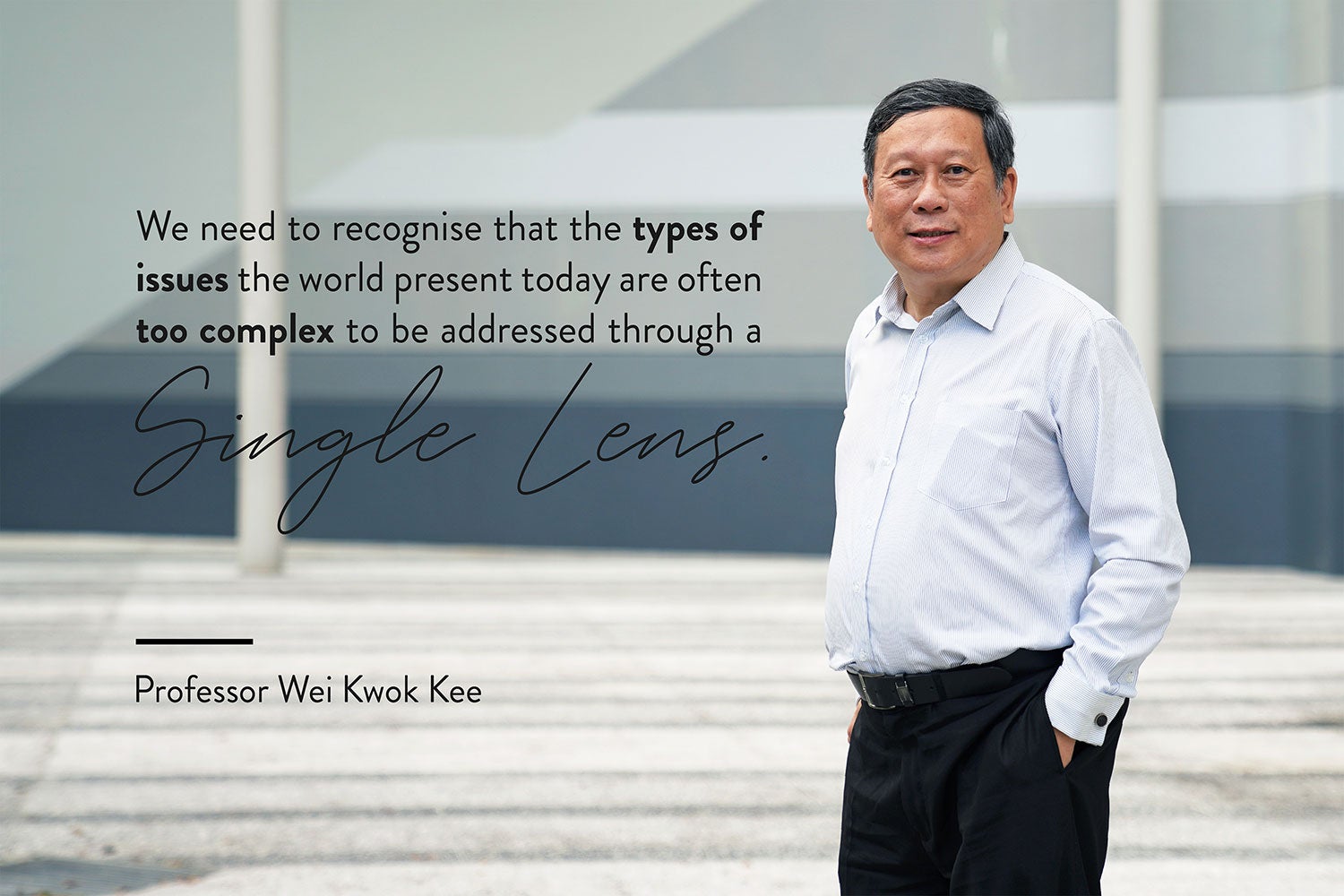
One example is the Master of Science (MSc) in Industry 4.0, an interdisciplinary degree that focuses on industrial transformation and technological disruption. Launched this year, the programme is the combined effort of five academic units at NUS, including the School of Computing, the Institute of Systems Science, the Faculty of Engineering, the Faculty of Science, and NUS SCALE. Wei says he is now working on another MSc programme in Entrepreneurship that will also leverage the capabilities of multiple faculties from across NUS.
NUS SCALE also manages programmes that help working adults to upgrade their skills and credentials without having to leave their jobs. These include the part-time Bachelor of Technology degree for polytechnic graduates in the tech industry who want a university degree, as well as the NUS CET500, a catalogue of modular and short courses offered by the various NUS schools and faculties (including courses offered through the Advanced Computing for Executives programme at NUS Computing, which cover high-demand areas like big data analytics and blockchain).
Merging Art and Science
Many of NUS SCALE’s most popular programmes are focused on STEM-related disciplines, but local and international companies are increasingly demanding that workers possess soft skills too, observes Wei.
“Many corporations tell us that they need people who not only possess technical proficiencies but also have an understanding of social and cultural contexts so as to effectively lead today’s modern teams, which are increasingly multicultural and virtual,” says Wei. “So even in our STEM programmes, we’re working to incorporate the expertise of our faculty in the arts and social sciences, who often have the deepest knowledge of the languages, cultures, and political systems that shape patterns of technology adoption.”
For that reason, Wei is also working to make sure that NUS SCALE has global reach. This means providing lifelong learning programmes for learners outside Singapore, including countries in ASEAN and other regions that have an acute need to build their national workforces.
“It’s not enough that we merely become a leader of lifelong learning in Singapore,” says Wei. “Our ambition is to engage a broader audience group and forge deep international ties so as to create a vibrant platform for cross-cultural networking and knowledge creation that inspires working adults from around the world to pursue lifelong learning while enriching what we can offer locally.”

